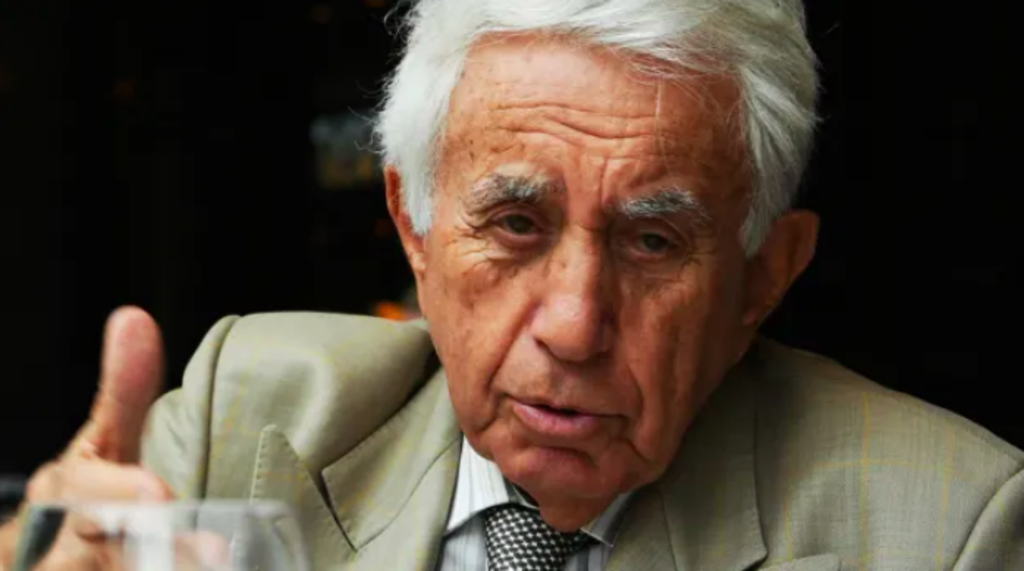
Triguboff poised to bounce back after pandemic disruption
Rich Lister Harry Triguboff’s Meriton Properties has absorbed a significant slump in after-tax profit, after disruption from the pandemic ate into revenue and a large write-down was booked on the value of land handed over in development projects to local councils.
After-tax profit fell to $19.4 million for fiscal 2020 from $356 million a year earlier, according to financial statements lodged with the corporate watchdog.
While the sharp fall looks startling at first blush, most of it is due to the accounting treatment of Meriton’s inventory. Inventory revaluations turned negative and were booked as a $248.8 million loss, compared to a $66.5 million gain a year earlier.
The bulk of that devaluation in turn flowed from the value Meriton ascribes to elements of its large suburban projects – including at Parramatta, Pagewood and Lidcombe in Sydney – which it hands over to local authorities as public space or roads.
The COVID-19 pandemic hit Meriton’s earnings in the fourth quarter, following what it said was strong growth in the three preceding quarters. Revenue fell 17 per cent to $1.45 billion for the year from $1.74 billion a year earlier.
Nevertheless, the Meriton machine had stepped up a gear before the disruption hit, with a 28 per cent increase in the number of investment units including serviced apartments to 11,591 units. Meriton also recorded a 44 per cent increase in the number of units in various stages of development to 12,871 units.
“Whilst the COVID-19 pandemic has impacted sales, service apartments and rental markets in the short term, the group is on track to return to pre-COVID-19 levels by 30 June 2021,” the company said in its financial report.
Back to short term
Mr Triguboff, rated the country’s seventh-most wealthy person on the Financial Review Rich List, opted to switch 1200 units from Meriton’s serviced apartment business in Sydney into longer-term rentals as occupancy plummeted during the pandemic.
The property magnate said on Tuesday he was gradually restocking Meriton’s serviced apartment holdings through the production of new units and by returning rental units into short-term stays as leases rolled off.
“When the leases expire or they want to go, I take it back into serviced apartments,” he said.
Meanwhile, Mr Triguboff’s move to extend the Meriton empire to Canberra was on track, he said, while plans for its first Melbourne facility would be resumed.
“I started in Melbourne but I stopped it. I’m going to start it again after Christmas,” he said.
Mr Triguboff was equally bullish about the broader residential market, although he acknowledged he had been “more surprised than anyone” by the speed of the rebound.
“The market is improving and there is one reason for that: there is a lot of money at very low rates of interest. That’s the only reason,” he told The Australian Financial Review.
“There is always demand, and there is always insufficient supply. That is still the case. What’s changed is cheap money in great abundance.”
The Meriton financial results noted the company had signed a settlement deed with the Australian Tax Office over a dispute covering the 2014-2017 tax years, resulting in a $67.6 million bill, including shortfall interest charges and penalties. Meriton booked an $8.3 million tax bill in 2020 after paying $149 million the previous year.











